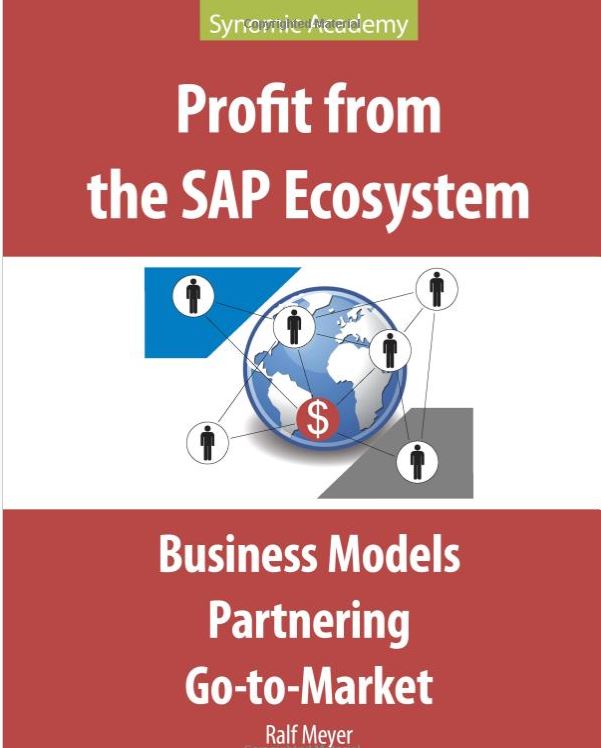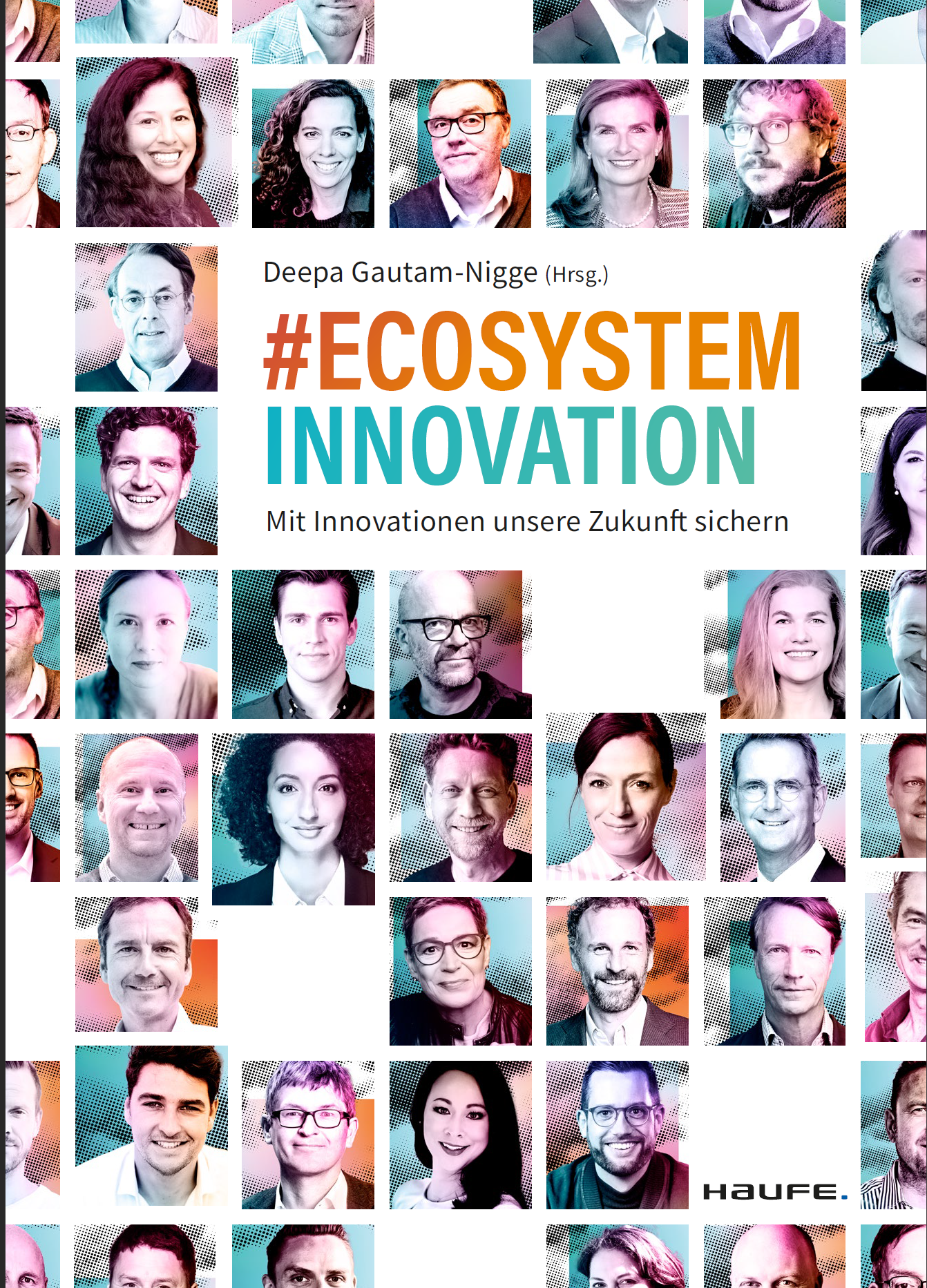Surprising and disturbing findings from academia: When to favor M&A over organic innovations
This blog is in the Top 25 M&A blogs worldwide according to Feedspot
In the fast-paced world of business, companies are constantly seeking new ways to innovate and grow. One key decision that business leaders often grapple with is whether to pursue mergers and acquisitions (M&A) or focus on organic innovations to drive growth.
Both strategies have their distinct advantages and drawbacks, and understanding when to favor M&A over organic innovations can be critical for long-term success. While organic innovation allows a company to maintain its autonomy and original vision, M&A can provide rapid access to new markets, technologies, and talent. In this blog post, we'll explore some academic sources that view the factors that can help businesses determine when M&A may be the more favorable path to pursue, and how strategic M&A activities can be a catalyst for sustainable growth and market leadership.
The key factors that determine whether a firm should pursue organic innovation or M&A are firm size, competition, market orientation, interorganizational networks, entrepreneurial orientation, and managerial capacity [1] [2]. These factors have been found to positively drive organic sales growth in firms. Innovation, advertising, and market orientation are particularly important drivers of organic growth [3]. On the other hand, older firms and firms operating in dynamic and competitive environments may face constraints in terms of organic growth [4] [5]. It is important for firms to consider these factors when deciding whether to pursue organic innovation or M&A, as they can significantly impact the firm's ability to achieve organic sales growth.
Here are some of the surprising insights of the cited literature:
The meta-analysis on drivers of organic sales growth found that the mean elasticity of management capacity does not conform to extant theory, indicating that firms should grow at higher rates as their management capacity increases. This surprising result may be due to study design characteristics such as omission of relevant variables or temporal specification .
The study on factors affecting firm innovation in Vietnam found that factors such as corruption and the number of employees of enterprises are factors affecting firm innovation. These findings were unexpected and provide insights for improving firm innovation in Vietnam .
The paper on the innovative development of the agro-industry found that a firm's internal factors or characteristics, such as firm size, have the greatest influence on its propensity to innovate. This result was unexpected and highlights the importance of firm-level factors in driving innovation in the agrifood industry .
The study on the introduction of innovations in organic agriculture and rational land use found that preserving soil fertility is crucial for the agricultural sector. It was unexpected to find that 60% of black soil in Ukraine has already been damaged and 100 thousand hectares of fertile soils are lost every year. This highlights the urgent need for organic farming and rational land use to protect land resources .
Research in this field is undeniably crucial, as it has the potential to unearth unforeseen and astonishing findings that could significantly impact our understanding of the subject matter.
[1]Factors That Determine Innovation in Agrifood Firms. (n.d.). Factors That Determine Innovation in Agrifood Firms. 11(5), 989. https://doi.org/10.3390/agronomy11050989
[2]Organizational and technical aspects of introduction of innovations of organic agriculture and rational land use of the agrarian enterprises. (n.d.). Organizational and technical aspects of introduction of innovations of organic agriculture and rational land use of the agrarian enterprises. 9(2), 110–118. https://typeset.io/papers/organizational-and-technical-aspects-of-introduction-of-4j1nlmrpnr
[3]Factors Affecting Firm Innovation: An Evidence from Vietnam. (n.d.). Factors Affecting Firm Innovation: An Evidence from Vietnam. 197–210. https://doi.org/10.1007/978-3-031-28255-3_15
[4]A meta-analysis of the determinants of organic sales growth. (2009). A meta-analysis of the determinants of organic sales growth. 26(4), 263–275. https://doi.org/10.1016/J.IJRESMAR.2009.06.003
[5]Organic innovation: The growing importance of private label products in the United States. (n.d.). Organic innovation: The growing importance of private label products in the United States. 137–158. https://doi.org/10.1016/B978-0-08-102037-1.00010-4









